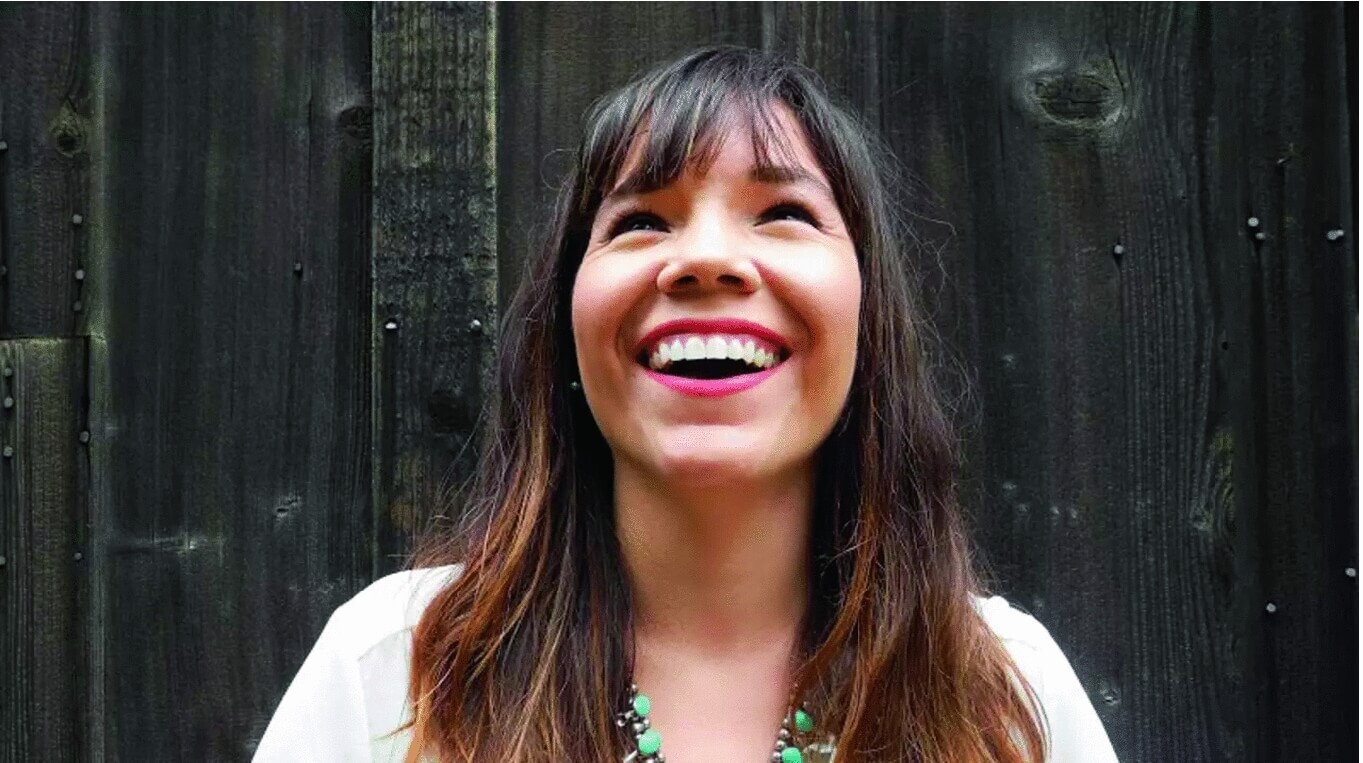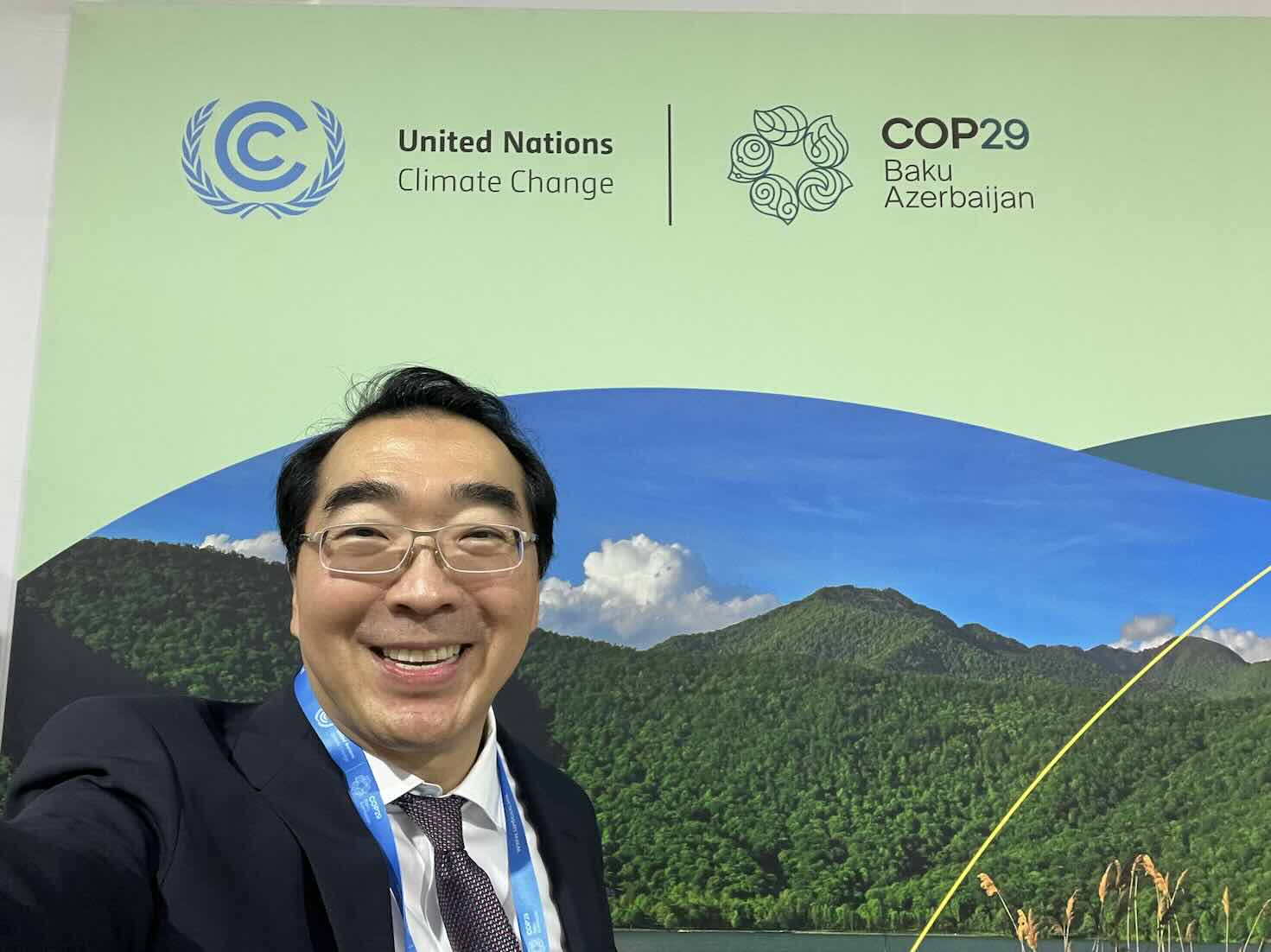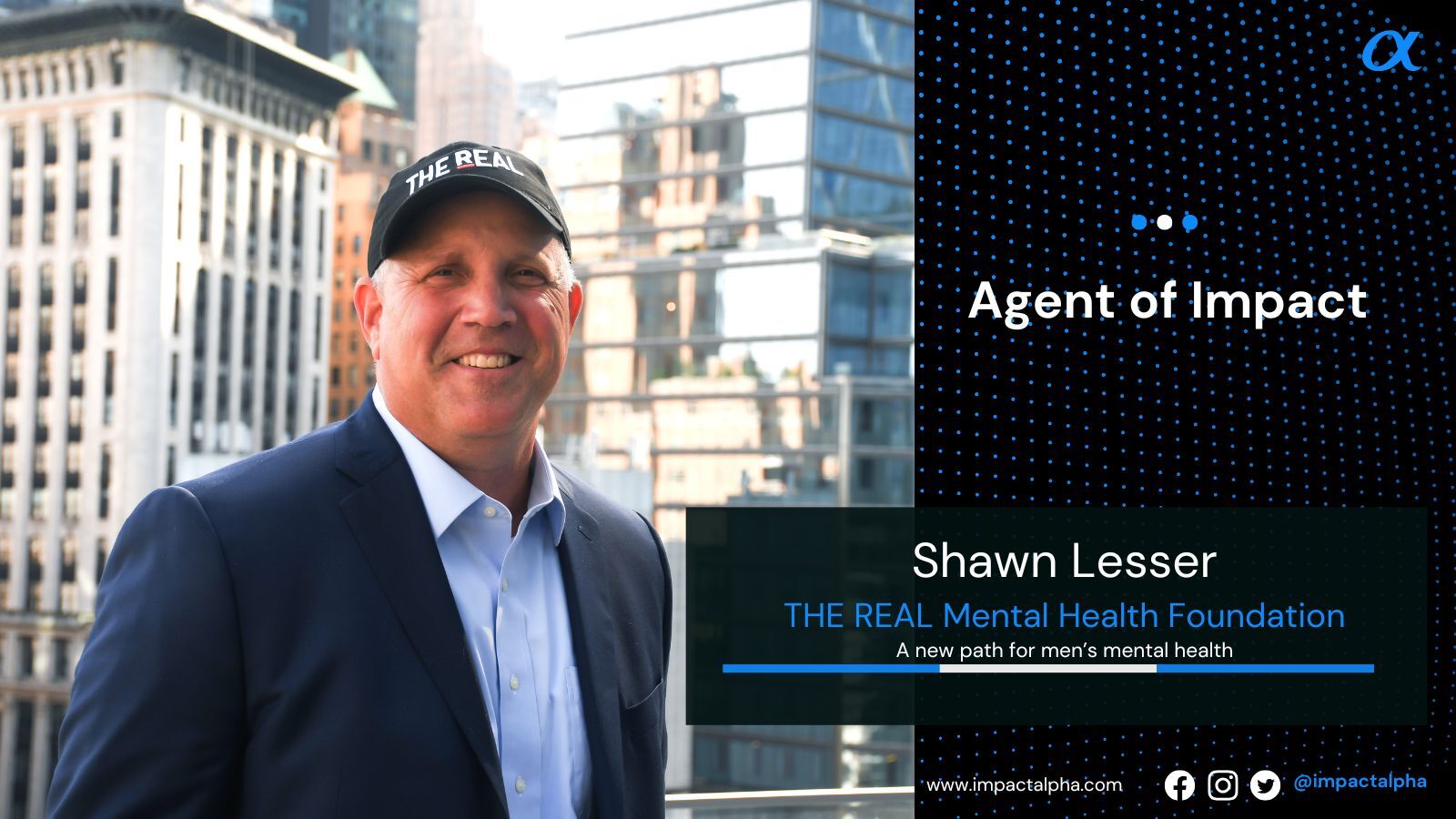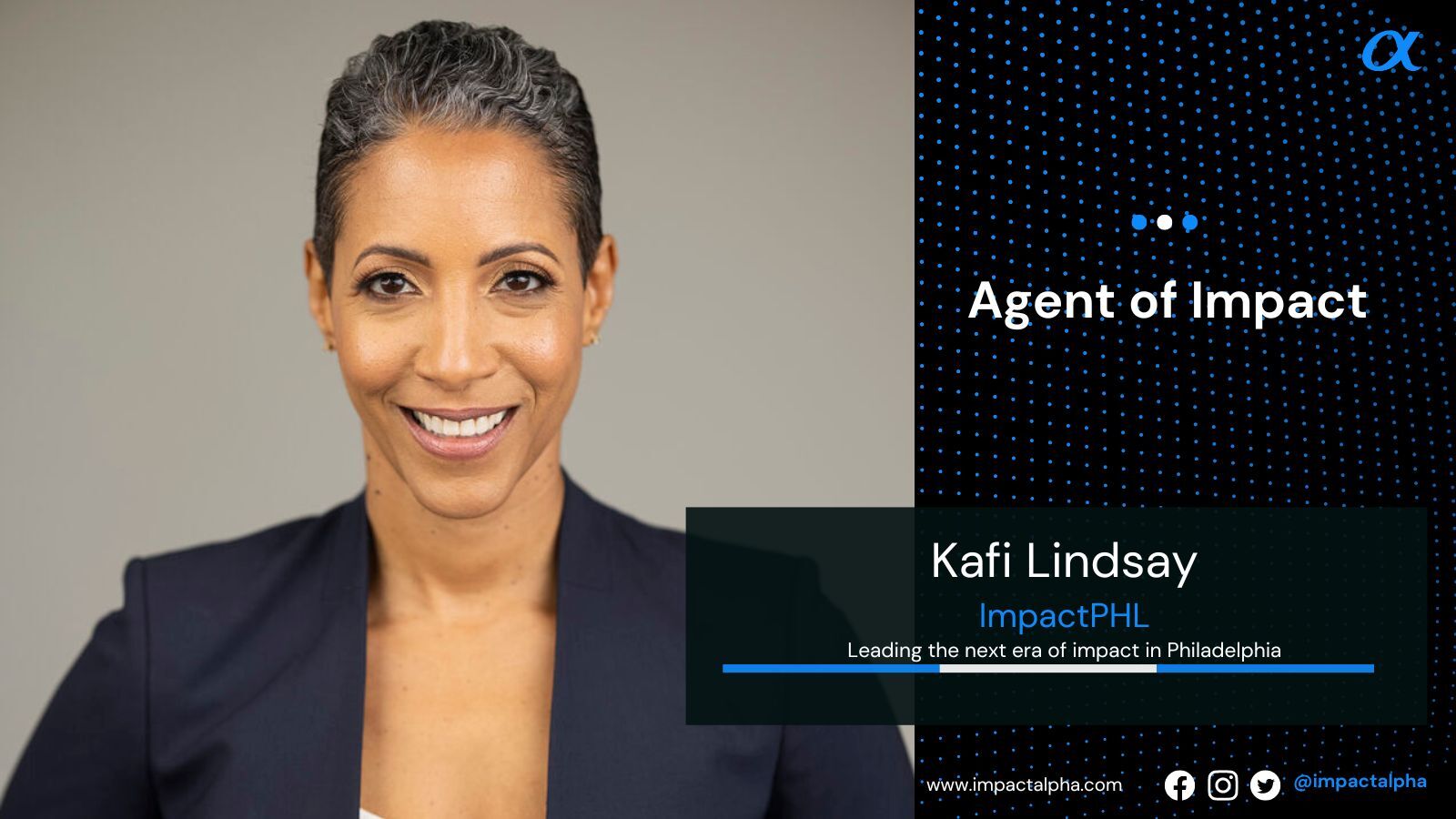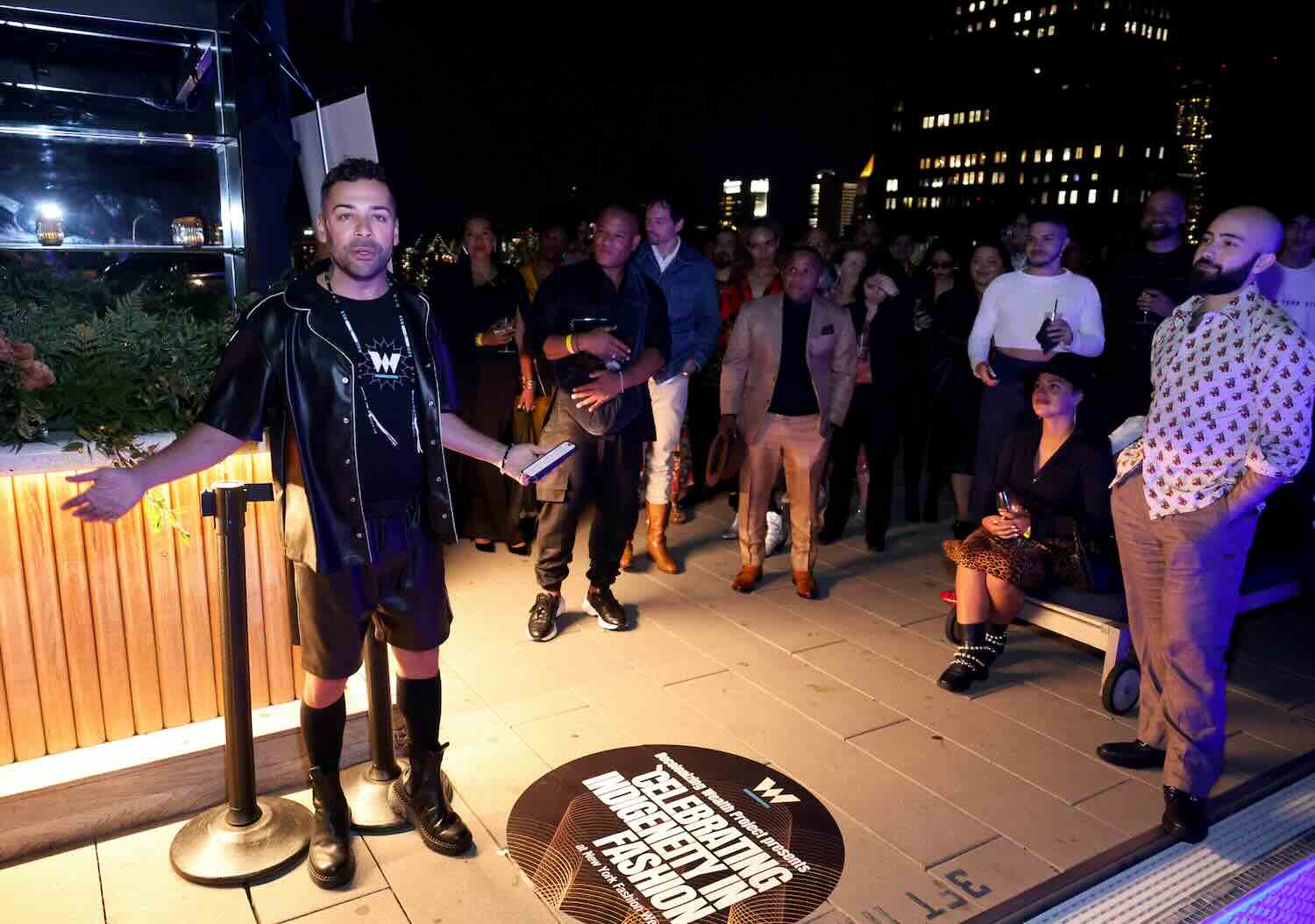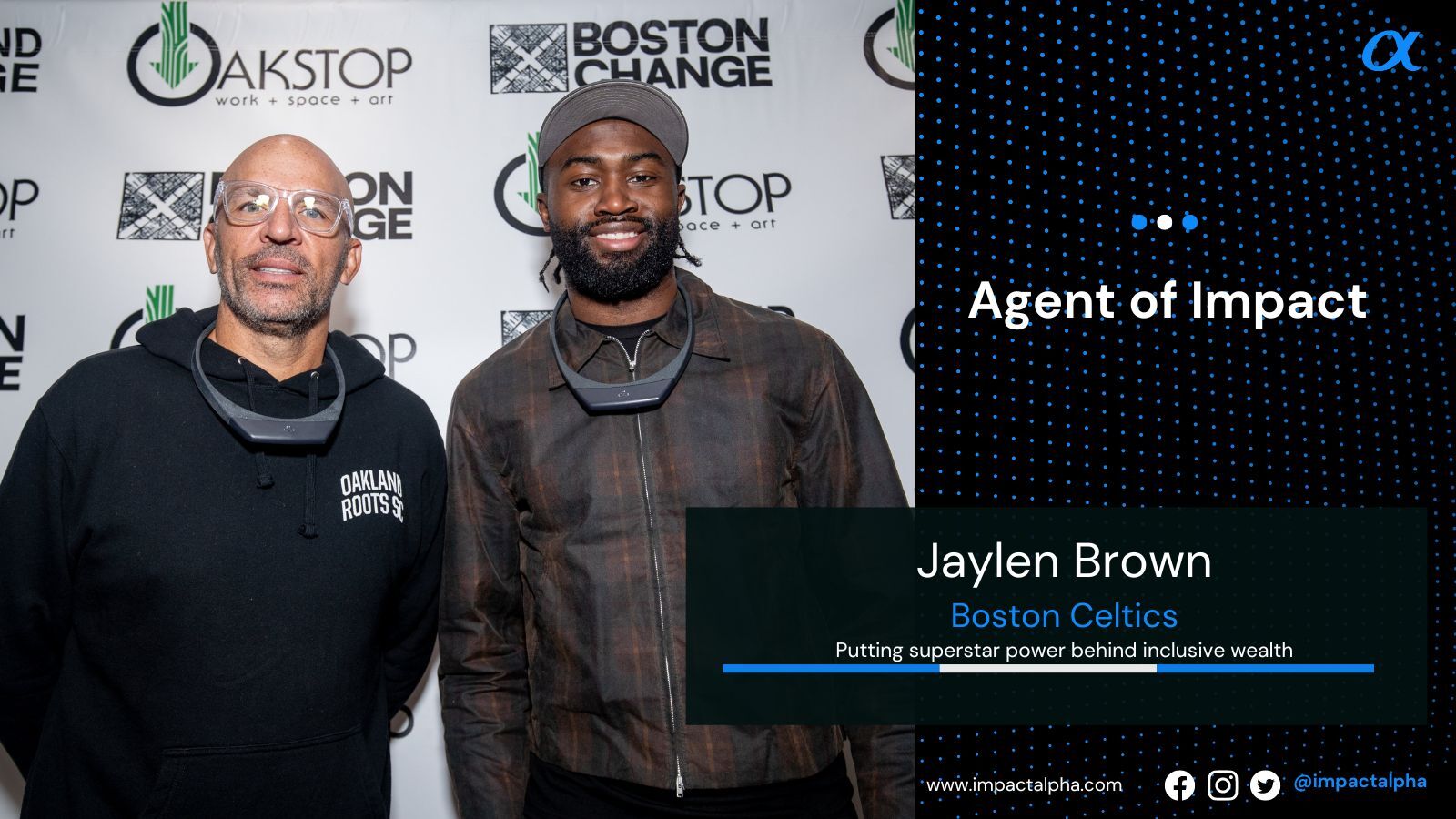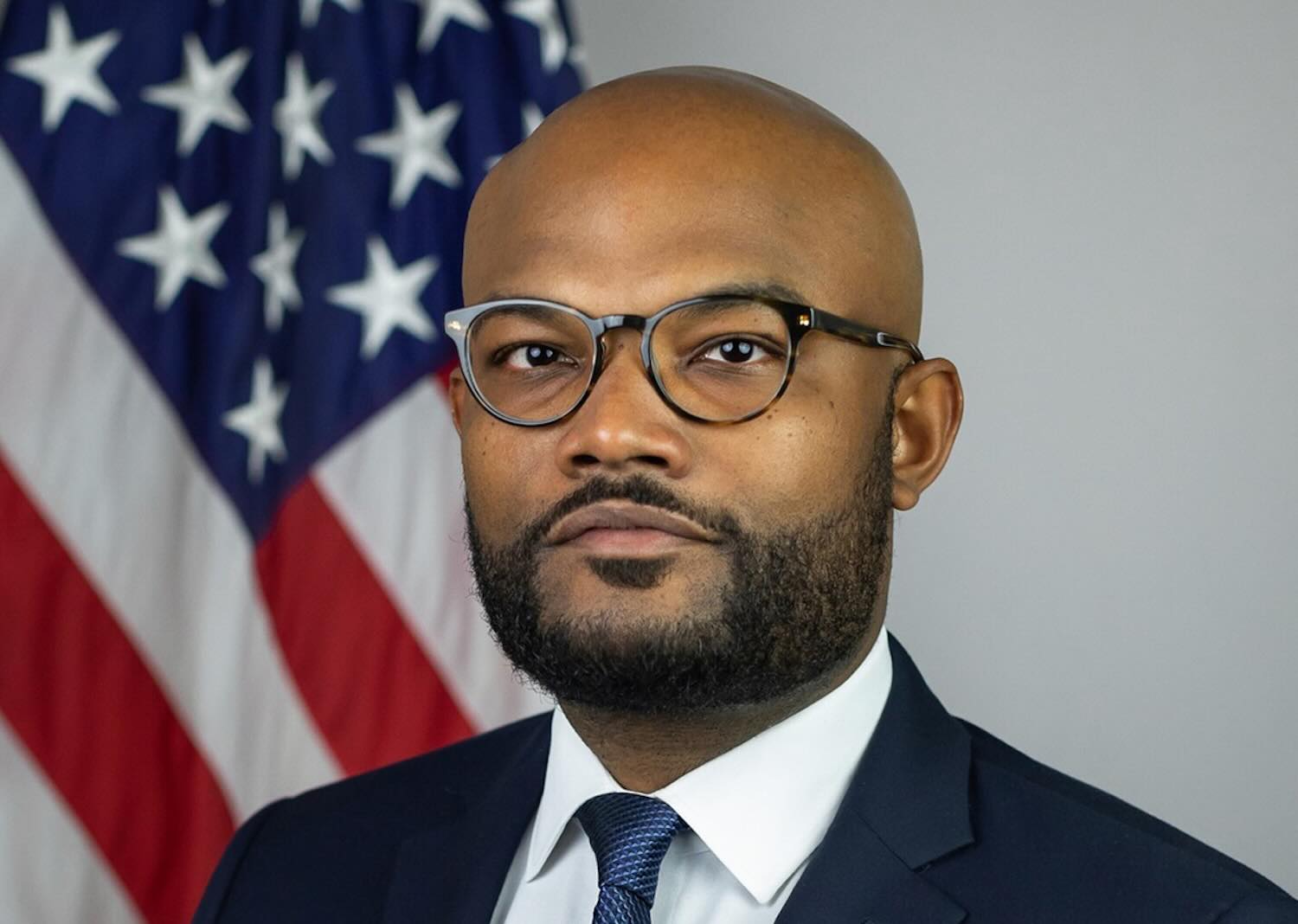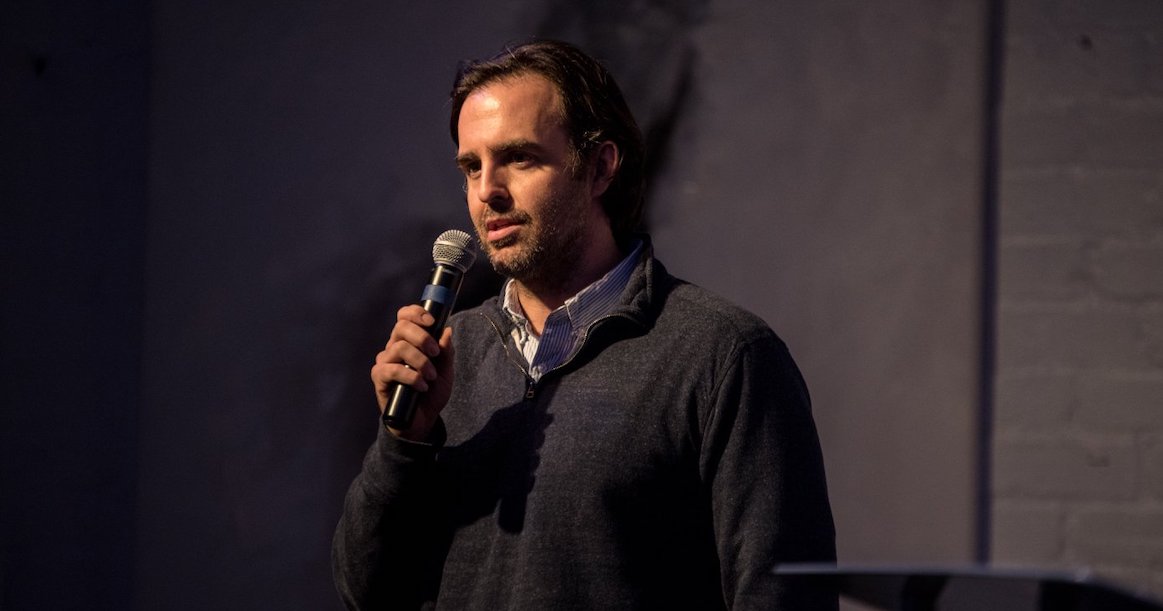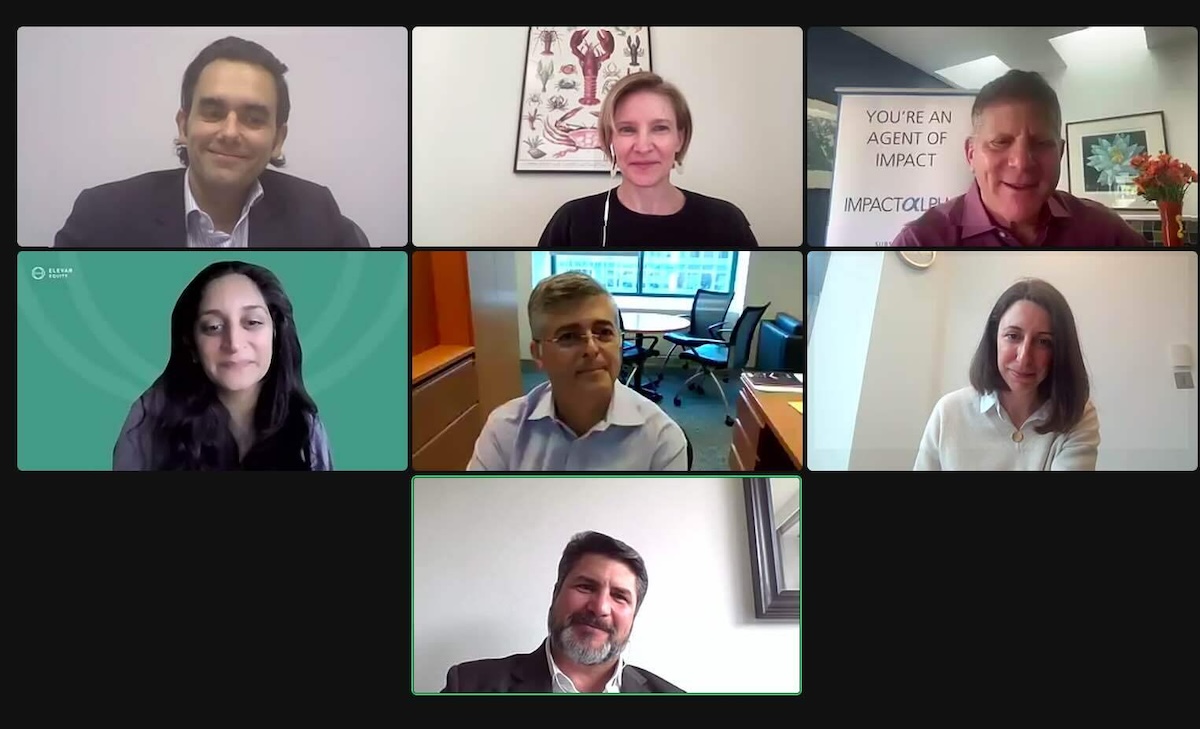ImpactAlpha, July 23 – Heather Fleming started an industrial design firm to do thoughtful, community-centered design. Several years ago, she brought her skills back to her hometown of Tuba City, population 8,609, the largest community on the Navajo Nation (see, “Bringing global social innovation home to the Navajo Nation“).
The organization she started, Change Labs, is an entrepreneurship incubator that has supported hundreds Navajo and Hopi-run businesses across the largest tribal community in the U.S.
Building Change Labs into a full-fledged business support organization has taken painstaking effort. The organization has been trying for four years to secure a physical site on the reservation. Internet connectivity is “atrociously slow and unstable on a good day,” Fleming says. Funders have more than once expressed impatience to see results.
“There is no ‘plug and play’ for anything on the reservation. Someone has to bulldoze a path for how to do this,” Fleming tells ImpactAlpha. “We’re literally building the infrastructure for our business ecosystem. And we’re doing it on a shoestring.”
Change Labs wasn’t alone in confronting the myriad challenges to doing business on tribal lands. Then came the pandemic, which hit tribal nations hard and drove the infection rate on the Navajo Nation higher than any U.S. state. The silver lining: billions in federal funding for economic relief and recovery.
“Suddenly tribal leaders are talking about business and entrepreneurship in a way they haven’t before,” says Fleming.
Change Labs has joined forces with New Mexico Community Capital, Native Community Capital and Native Women Lead to share critical functions and attract resources to scale their impact in the Southwest. The bigger goal: building an umbrella organization to help Native-led entities support entrepreneurs across Indian Country.
“None of our organizations can effectively tackle the systemic challenges alone,” said Native Community Capital’s Dave Castillo.
Change Labs and its partners are clearing a path for a Native-led economic revival. “If we can secure land and other resources for ourselves, people will see that it can be done,” Fleming says. “It won’t be a pretty story. But if we are able to lay the foundation, then eventually other organizations and businesses will just be able to ‘plug in’.”



